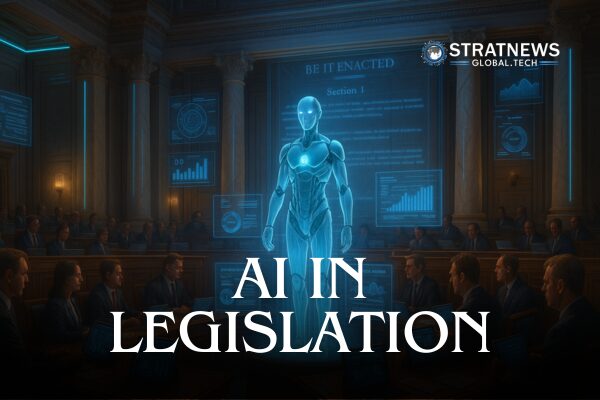UAE Launches Ambitious Plan to Use AI in Legislative Process
The United Arab Emirates (UAE) has announced a bold new plan to integrate artificial intelligence (AI) into the very heart of its lawmaking system. This initiative, termed “AI-driven regulation,” is set to redefine how laws are created, evaluated, and amended across the country. According to the Financial Times, the move is among the most ambitious government uses of AI seen globally.
AI as a Legislative Co-Author
Central to this initiative is the formation of a dedicated unit known as the Regulatory Intelligence Office. This office will lead the country’s effort to embed AI deeply within the legal infrastructure. It will develop a vast database combining federal and local laws, court decisions, and public service data. The AI system will then analyse this information to assess the economic and social impact of current regulations.
Using this data-driven insight, the AI is expected to propose legal reforms and new legislation. By automating parts of the lawmaking process, the UAE hopes to reduce its reliance on external legal consultants and significantly streamline governance procedures.
Sheikh Mohammad bin Rashid Al Maktoum, the ruler of Dubai and UAE vice-president, said the project will “make the legislative process faster and more precise,” according to state media.
Speed, Strategy and Concerns
The UAE’s AI strategy extends beyond legislation. The country recently introduced MGX, an AI-focused investment platform that supports major ventures, including a $30 billion infrastructure fund managed by BlackRock. Notably, MGX has added an AI observer to its board, highlighting the state’s strong focus on institutional AI integration.
According to UAE government estimates, AI could speed up legislative processes by as much as 70%. However, experts have raised serious concerns about the technology’s limitations. Vincent Straub of Oxford University noted that current AI models are prone to “hallucinations”—inaccurate outputs that could have serious consequences in legal contexts.
Straub also pointed out that the UAE’s use of AI includes a predictive element, allowing systems to forecast future legal needs. While this may improve long-term governance, it also introduces concerns around transparency, bias, and accountability in decision-making.
A Global First in AI-Governed Lawmaking
Experts view the UAE’s plan as unprecedented. Professor Rony Medaglia of Copenhagen Business School described the approach as “very bold,” saying it aims to turn AI into a legislative co-author—far beyond the administrative roles AI has so far played in other governments.
With its AI legislative project, the UAE may set a new benchmark for how governments can use technology not just to support policy, but to shape it.
with inputs from Reuters


